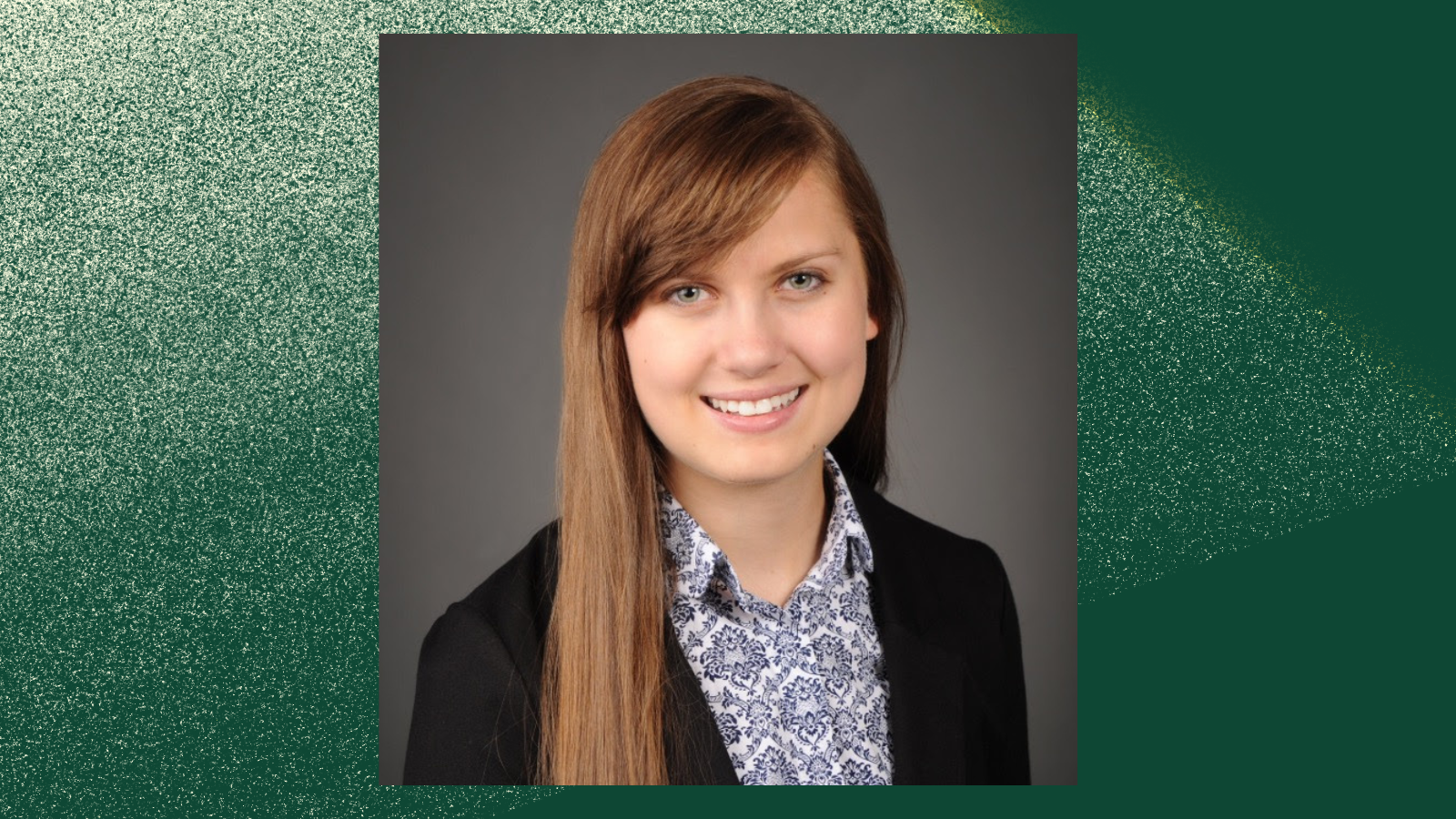This years’ event was organized by Dr. Lisa Nathan, Assistant Professor and Coordinator, First Nations Curriculum Concentration and Dr. Richard Arias-Hernandez, Lecturer.
For full Research Day program click here:
Dr. Mark Turin
Associate Professor of Anthropology and Chair, First Nations and Endangered Language Program, UBC presented his talk
“And what of the Analogue Humanities?
Lives, After-Lives and Responsibilities in Digital Anthropology“
“The digital allows us to explore new forms of collaboration that are more creative, more subversive, and more equitable, and it offers us a framework to transform our understandings of Information and Responsibilities in exciting creative ways.”
Presentations were given by faculty and students from the iSchool including:
Citing information in stressful situations: When information is exaggerated in order to win debates
Dr. Aaron Loehrlein, Assistant Professor
“No man is an Island”: Canadian heroines and the island fiction tradition
Bonnie Tulloch, MACL student
“Fun” in “Functional”: An empirical study of factors influencing the implementation of ERDMS in Canadian public sector
Weimei Pan, Ph.D. student
Media discourse regarding LGBTQ youth and virtual spaces
Blake Hawkins, MLIS student
“Treat them with the reverence of archivists”:archives and/in online grief communities
Dr. Jennifer Douglas, Lecturer
Winners of the Research Day 2015 Poster Competition
1st Place
CollaboWrite, Meaghan Smith
2nd Place
Framing ethnographic photographs in the digital environment by Sarika Kelm and Allison Mills
Poster Presentations
Landscapes of information practice
Maggie Castor, Kim Lawson, Rocky Mann, David McAtackney, Lisa Nathan, Michael Wynne
What do the highlights highlight? The effect of annotation reuse on text comprehension
Samuel Dodson, Richard Kopak, and Luanne Freund
The use of cloud services for records management purposes by international organizations
Emily Chicorli, Elaine Goh, and Eng Sengsavang
Everyday life health information seeking: is information research aligning with public health priorities?
Devon Greyson and Heather O’Brien
Collection of trauma and generative frictions
Lisa Nathan, Elizabeth Shaffer, Richard Arias-Hernandez, Maria Paraschos, and Jennifer Zilm
Demos


